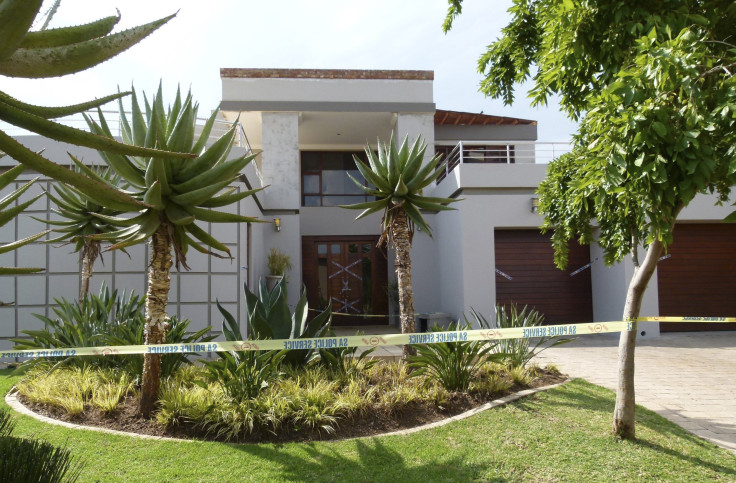Oscar Pistorius Trial: Life At South African Prison Kgosi Mampuru II Marked By Threats Of Tuberculosis, Rape, HIV

Oscar Pistorius resided in a glamorous mansion in an exclusive gated community when he shot girlfriend Reeva Steenkamp. His new digs will be much less comfortable. Pistorius, who was sentenced to five years in prison Tuesday for culpable homicide, South Africa’s equivalent of manslaughter, will now spend his days in an overcrowded and potentially dangerous government holding cell, according to media reports.
After Judge Thokozile Masipa handed down the verdict, Pistorius, 27, was taken to Kgosi Mampuru II prison, previously known as Pretoria Central, where he will likely be housed in the jail’s hospital section. The facility holding 7,000 inmates is notoriously overcrowded with sometimes up to 80 men living in cells designed for half that number. Inmates have been known to sleep two or three to a bunk, the Independent reported.
The Judicial Inspectorate of Prisons recently said South African prison gangs have been known to threaten each other with rape or HIV infection, but tuberculosis remains the biggest killer in South Africa’s prisons. The prisoners at Kgosi Mampuru II are often kept inside for as much as 23 hours a day. The jail has one doctor and five psychologists for the inmates. Pistorius will likely have access to a toilet, bed with a mattress, sheets and a pillow.
© Copyright IBTimes 2025. All rights reserved.






















